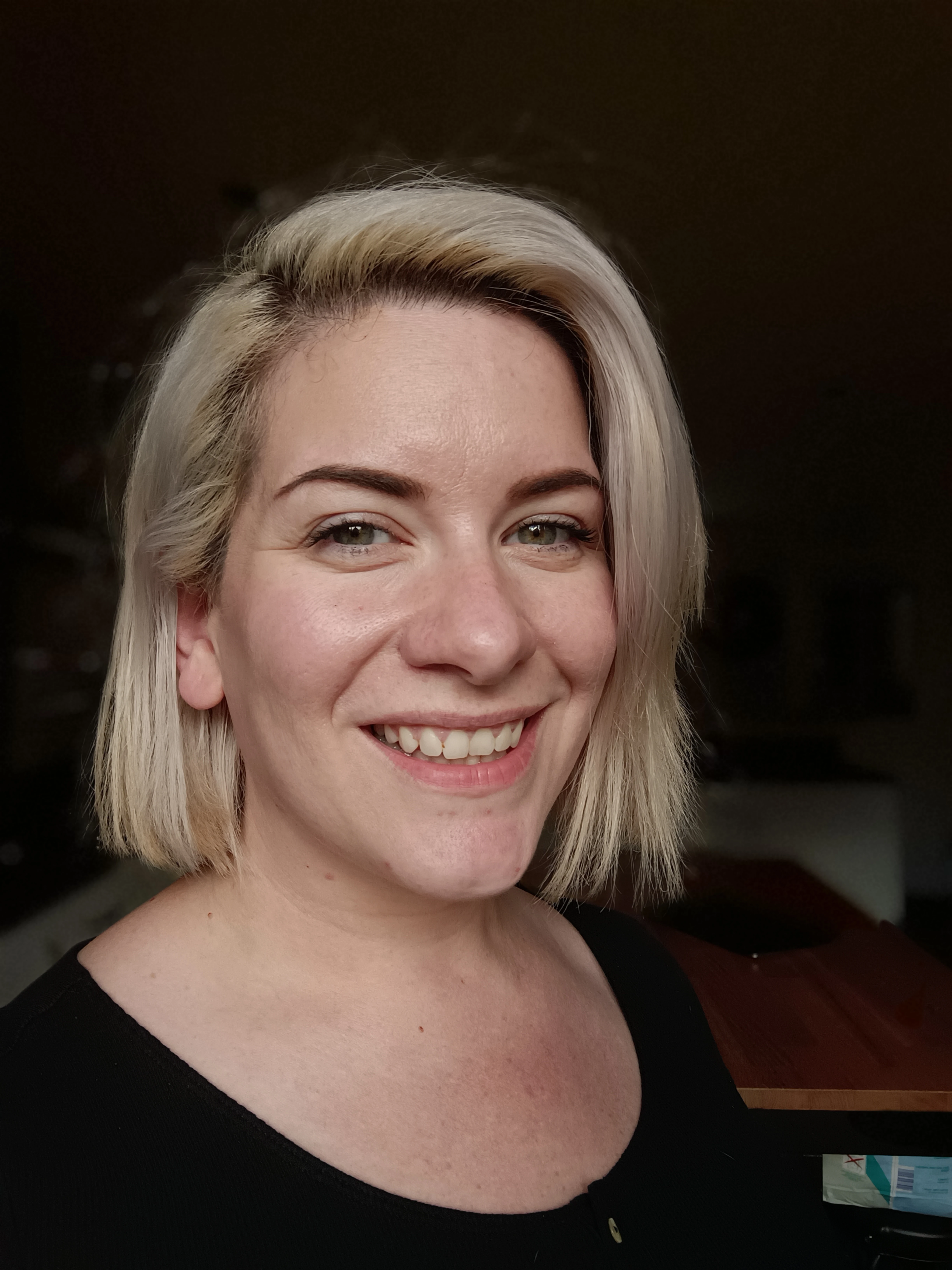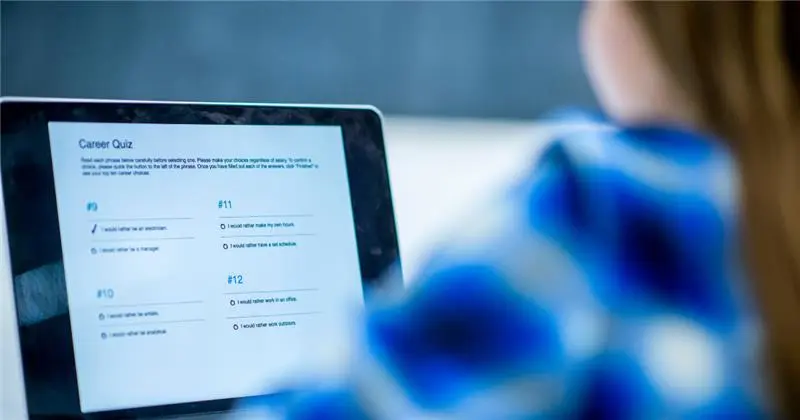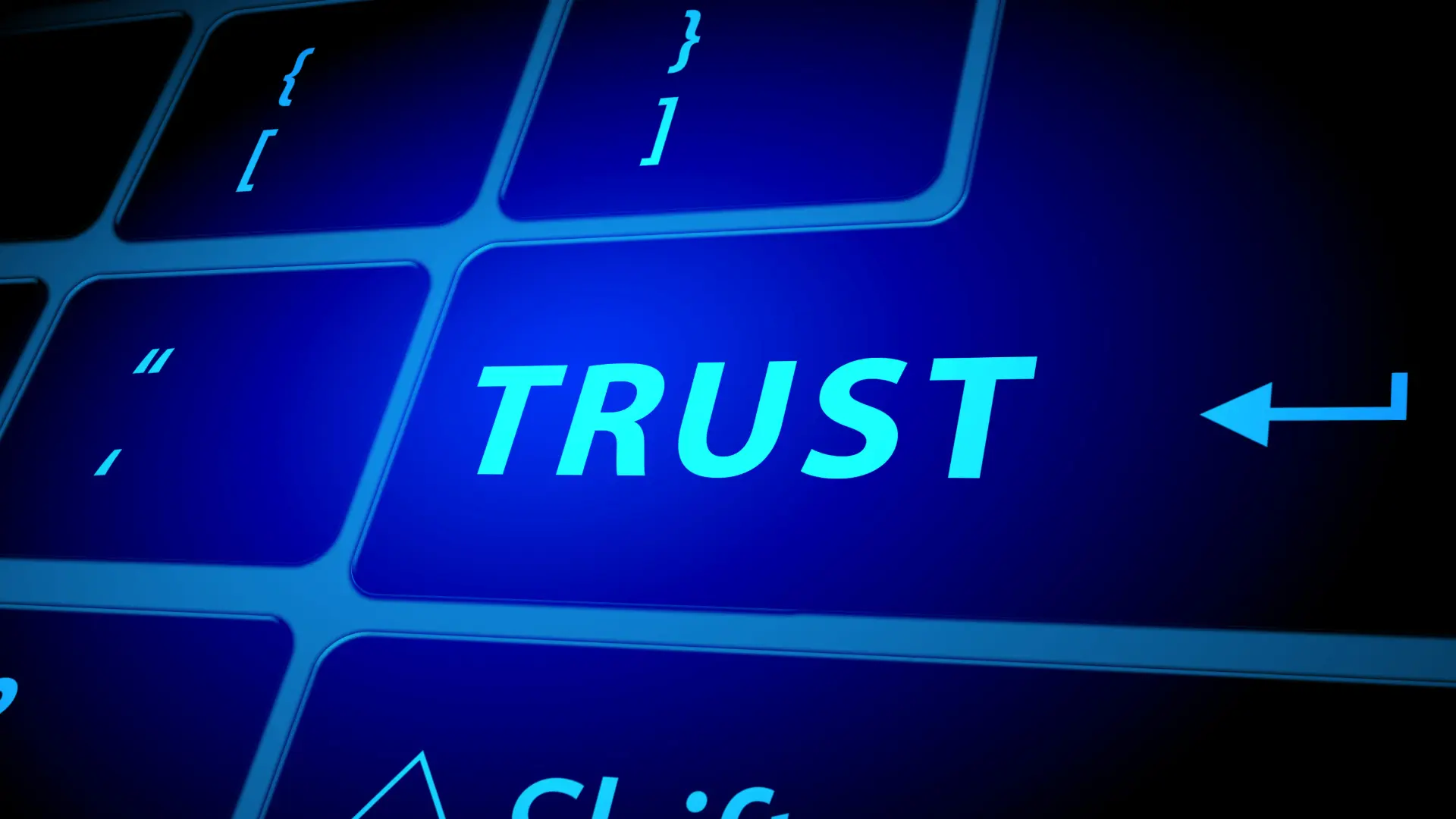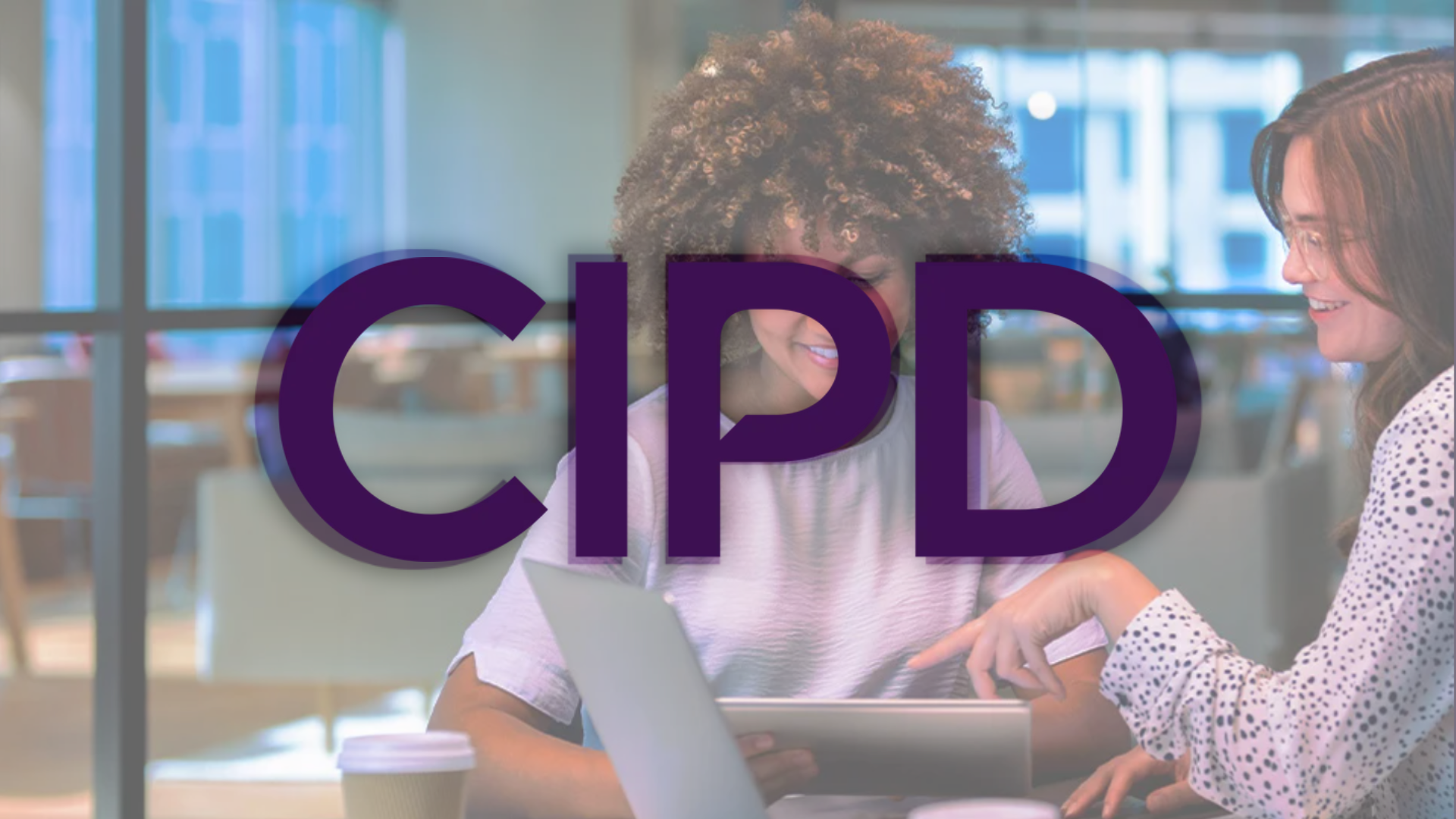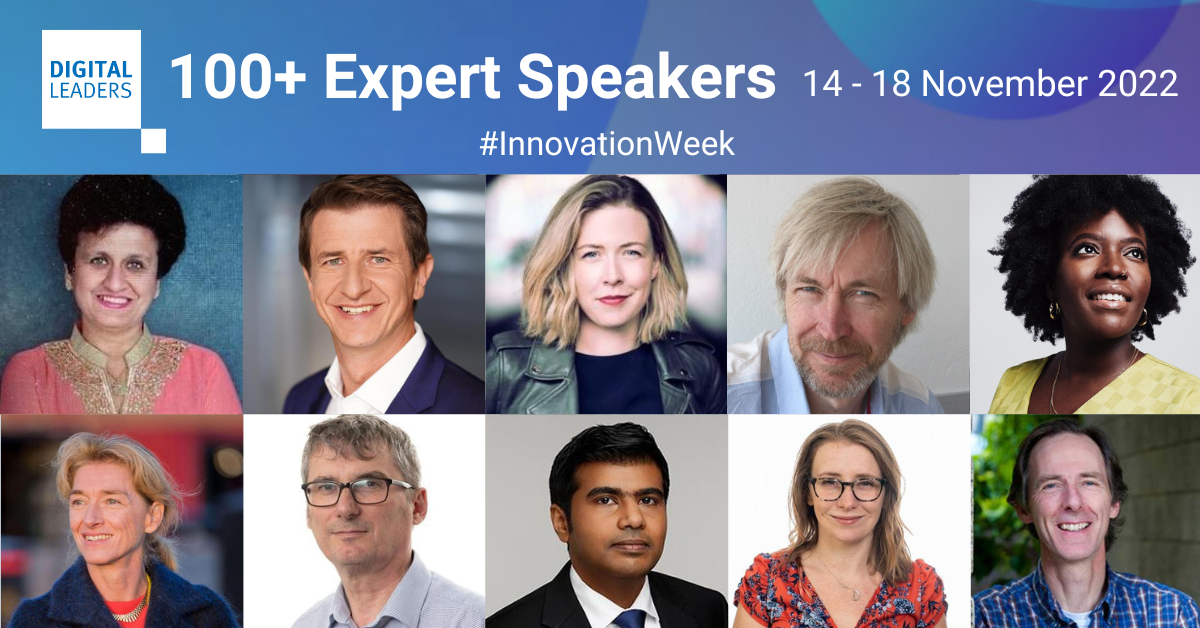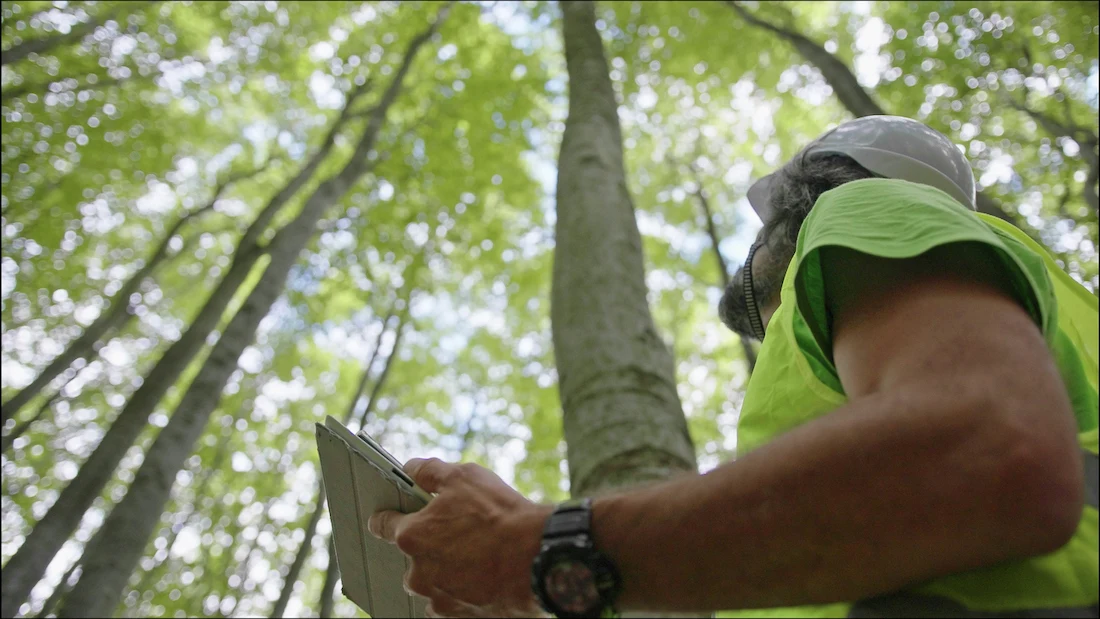The campaigns encouraging women to get into STEM often speak of it as a great frontier for women. You almost get an impression that it’s a place in which a woman is a lonely minority in a male-dominated space, where her presence is strange and possibly even unwelcome. This approach, and the accompanying statistics that appear with it may be inadvertently putting off people who don’t see themselves as Suffragettes of the Fourth Industrial Revolution.
While I’m not arguing with the statistics, and I’m certainly not claiming that women are the dominant group in digital and tech spaces, there have been decades of innovation by women in technology, and the numbers are growing – you’re not alone, you are welcome, and there are opportunities here for you.
A mantra I live by is a quote from the great Toni Morrison – “When you get these jobs that you have been so brilliantly trained for, just remember that your real job is that if you are free, you need to free somebody else. If you have some power, then your job is to empower somebody else.”
I’d like to celebrate some great women of the past and present who are doing exactly this:
The first woman in the US to earn a PhD in computer science, Sister Mary was a pioneer in the accessibility of early programming languages. She developed the language BASIC, which enabled anyone, not just mathematicians, to learn computer programming. Sister Mary commented: “We’re having an information explosion, among others, and it’s certainly obvious that information is of no use unless it’s available.” BASIC was the first language to translate computer binary into something more useable and straightforward.
Sister Mary established the computing department at Clarke College in Iowa. A lifelong advocate for women in computer science, she was noted for her support of working mothers and even encouraging mothers to bring their babies to class with them.
Easley had a 30+ year career in NASA, joining in 1955 as one of the only female African American employees at the time. Trained in computation and FORTRAN, Easley developed the earliest hybrid battery, and extended the life use of storage batteries. Her work on shuttle launches provided vital data on the ozone and the NASA nuclear reactor, and her work on the Centaur rocket framed the technological foundation for launching future satellites and space vehicles, including Surveyor 1 to the moon, Cassini to Saturn, and InSight to Mars.
Easley experienced discrimination at NASA based on her race and gender, but she continued developing and implementing computer code to develop these innovations that are now essential to human society.
Easley lived through the American Jim Crow laws and used her education to help other African Americans prepare for the tests that marginalized individuals were required to pass in order to vote. In the latter stages of her career at NASA, she also took on the additional role of equal employment opportunity (EEO) counsellor, helping to address issues of gender, race, and age in discrimination complaints.
A leading figure in the movement for transgender, racial and human rights equality, Ross is the CEO and founder of TransTech Social Enterprises. TransTech is an organisation that helps people lift themselves out of poverty through technical training and digital work, bringing economic empowerment to marginalized trans and LGBTQI+ communities. A self-taught coder, Angelica explained: “I realised… I was very tech savvy. So I started designing websites.. and taught myself HTML and CSS and learned content management systems like WordPress and Drupal and Juma.”
As Angelica worked freelance and remotely, the companies she coded for were unaware that Ross was a trans woman. This eliminated the discrimination that she had previously faced in the workplace. Recognising this opportunity, Angelica decided to use her skills to support other young trans people at the beginning of their careers. “My number one goal with TransTech is to be the resource for folks who are trying to figure out what to do during a major transition in their life. So it’s not just by being trans; it’s folks that are coming out of the incarceration system, women who have been victims of patriarchy and misogyny.” Read more on TransTech here: https://transtechsocial.org/
“We think that to start a company, you have to be an expert… I really think you just have to have a passion for solving the problem,” writes Reshma Saujani, a lawyer, politician, author.
Reshima was the first Indian American woman to run for U.S. Congress. Most importantly, she is the founder of the non-profit organisation, Girls Who Code, which aims to increase the number of women in computer science and close the gender employment difference.
While discussing her TED Talk, “Teach girls bravery, not perfection,” Saujani said that girls are raised to strive for perfection. As a result, they often experience imposter syndrome as they grow older, and constantly fear failure. Girls are more reluctant to speak up in meetings, less likely to apply for jobs where they do not meet all the qualifications, and are also disproportionately penalised for mistakes.
Saujani was inspired to start Girls Who Code after a 2010 race for the United States Congress. She first noticed a problem while on the campaign trail and couldn’t stop thinking about the shocking lack of girls in the computer science and robotics classrooms at the schools she visited. Since founding the organization in 2012, Girls Who Code has helped 450,000 girls learn computer programming.
Find out more about Girls Who Code here: https://girlswhocode.com/
The final person I’d like to celebrate as a supporter of people looking for a step up: You.
Whether you’re experienced in technology, or you can offer support in other ways, maybe spend some time this March thinking about how you might end up being a person of note in someone else’s career story.
If you’re looking to make a change in your own career and are considering a move into technology, these resources may be of help:
Of course, if you’re thinking of a more imminent change, please get in touch with our recruitment team at MMT Digital - we’re always on the lookout for grit and determination to succeed; we can teach you the technology and help you develop digital skills, but the drive is up to you.

